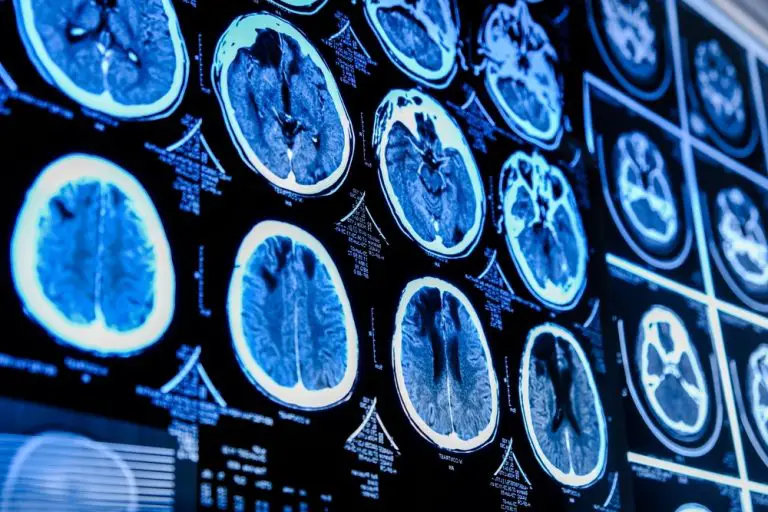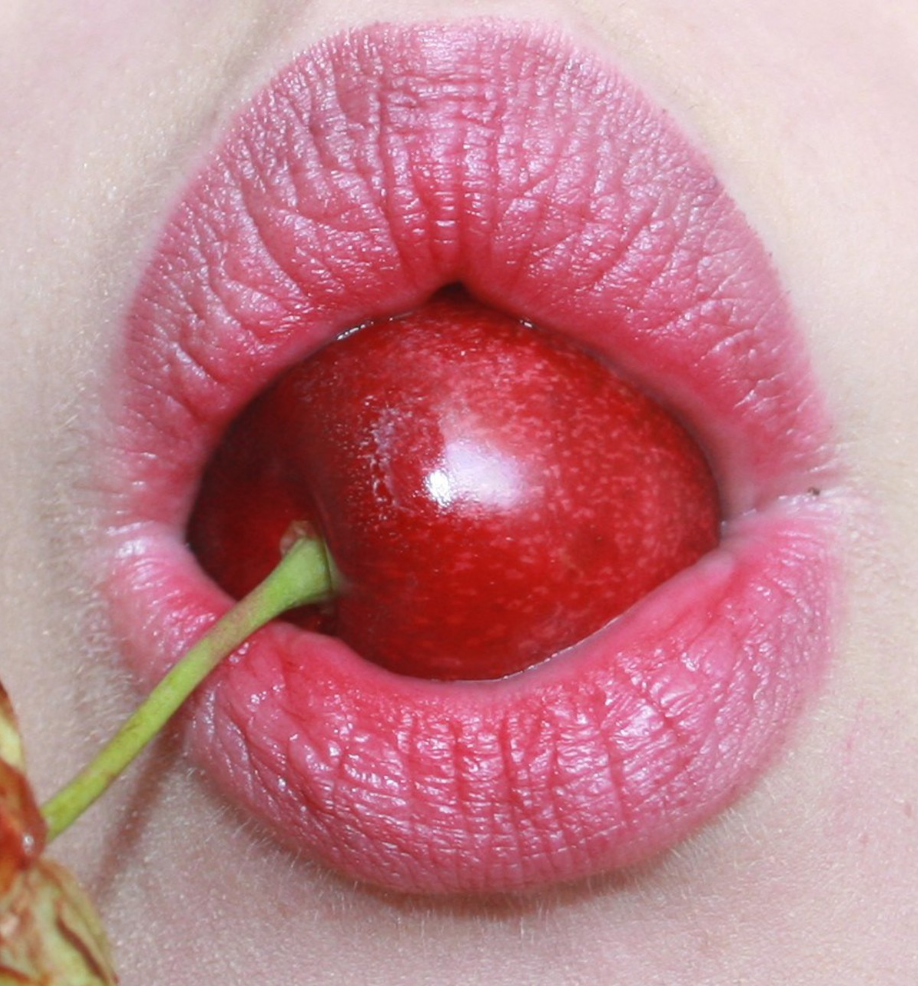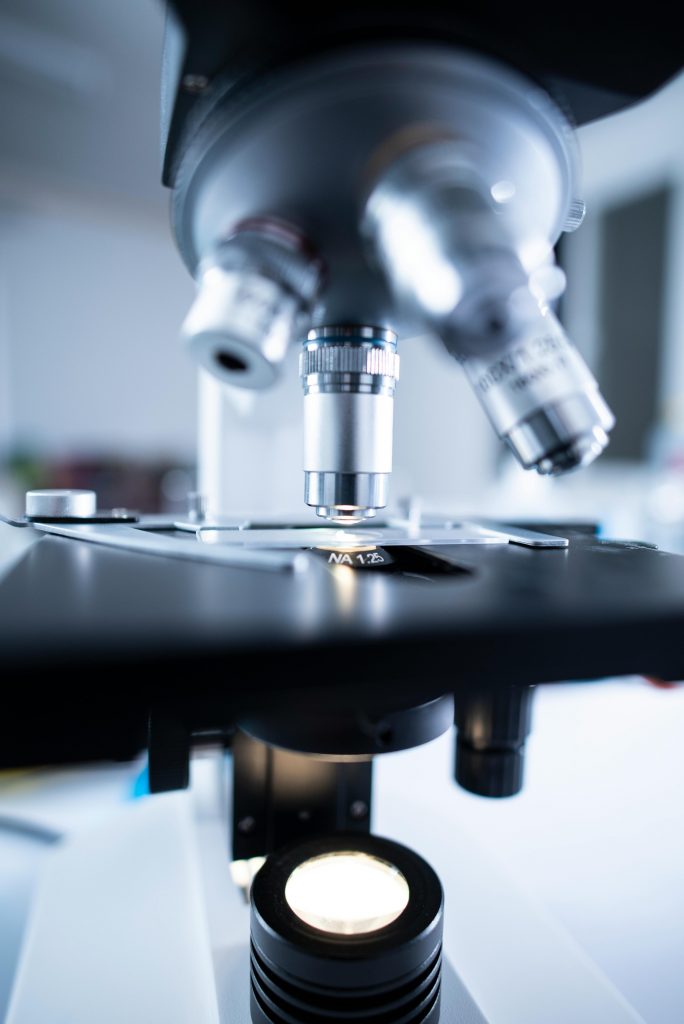Dr. Nico Dosenbach, a professor of neurology at Washington University School of Medicine in St. Louis, recently experienced his brain “fall apart” after taking psilocybin, the active substance in magic mushrooms. As part of a study involving seven participants, Dosenbach took a high enough dose to cause hallucinations and underwent multiple MRI scans to observe the effects. He described the experience as drifting “deeper into weirdness,” with altered perceptions of time and self.
The study, published in the journal Nature, revealed that psychedelic drugs disrupt specific brain networks, particularly those involved in our sense of space, time, and self. This disruption leads to increased brain plasticity, allowing the brain to adapt and change. Dr. Joshua Siegel, the study’s lead author, explained that neurons usually in synchrony fall out of sync under the influence of psilocybin, contributing to this plasticity.

These findings suggest that psychedelics could be beneficial in treating conditions such as addiction, depression, and post-traumatic stress. The researchers highlighted a period of increased change post-psilocybin use that therapists could leverage for treatment. However, the study also noted potential downsides, such as participants experiencing disturbing hallucinations.
Dr. Ginger Nicol, a psychiatrist at Washington University, shared that her husband, who also participated in the study, saw “demons” during his trip. Despite these risks, the enhanced brain plasticity observed provides promising insights for psychiatric treatments, potentially helping patients realize their capacity for change.




